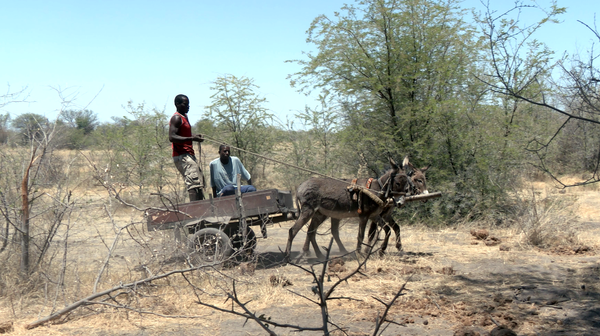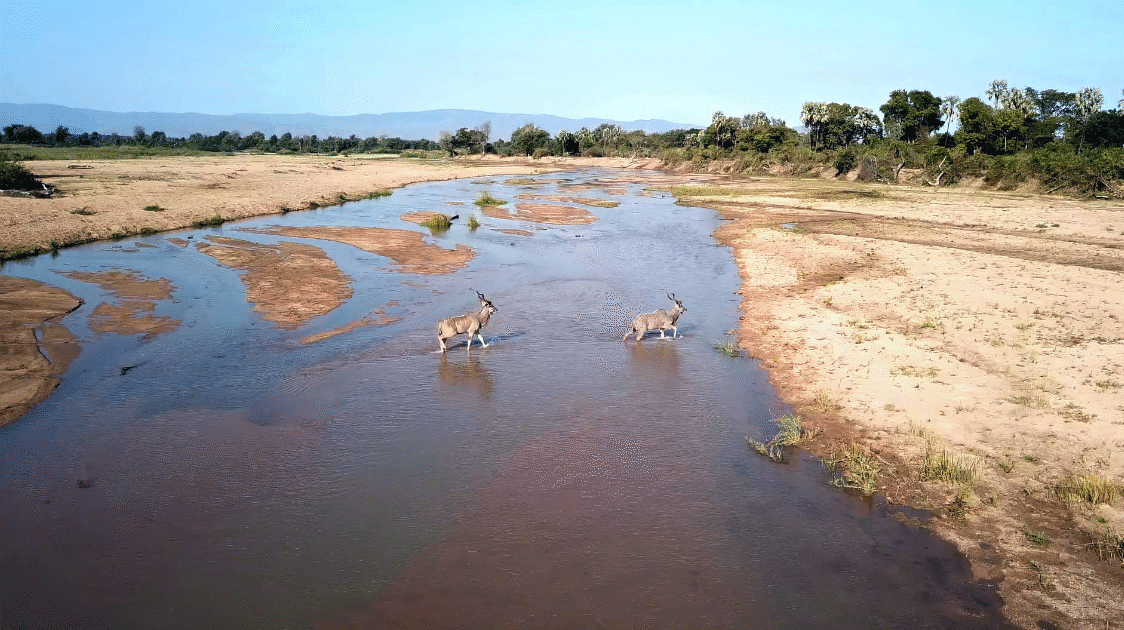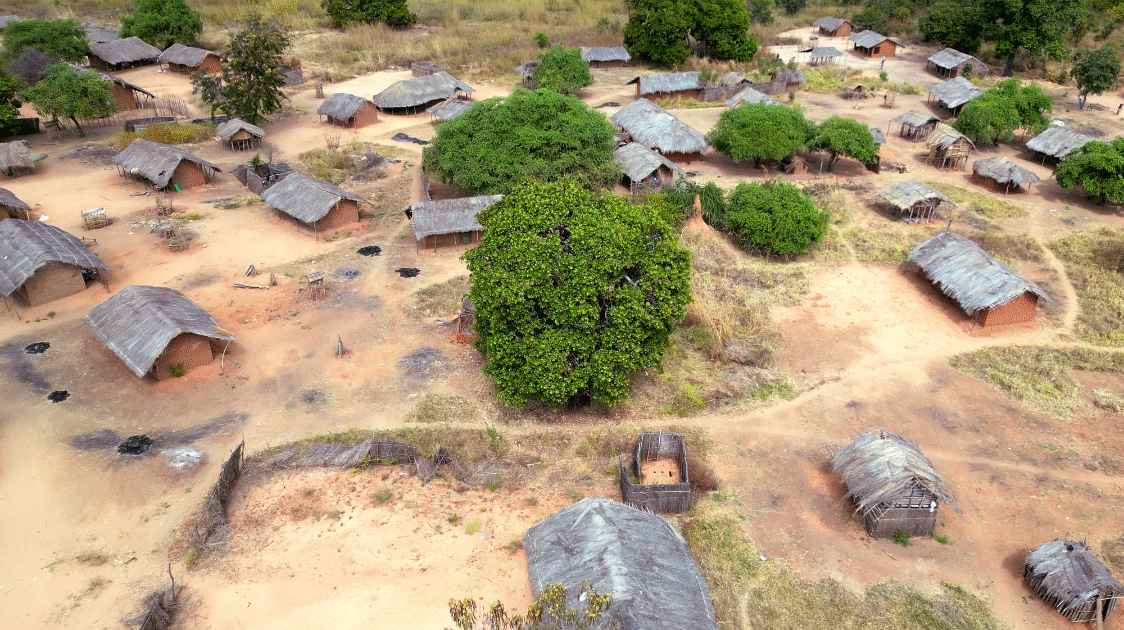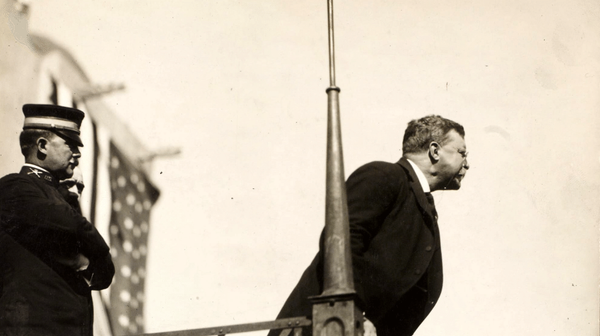The Three Pillars of Conservation
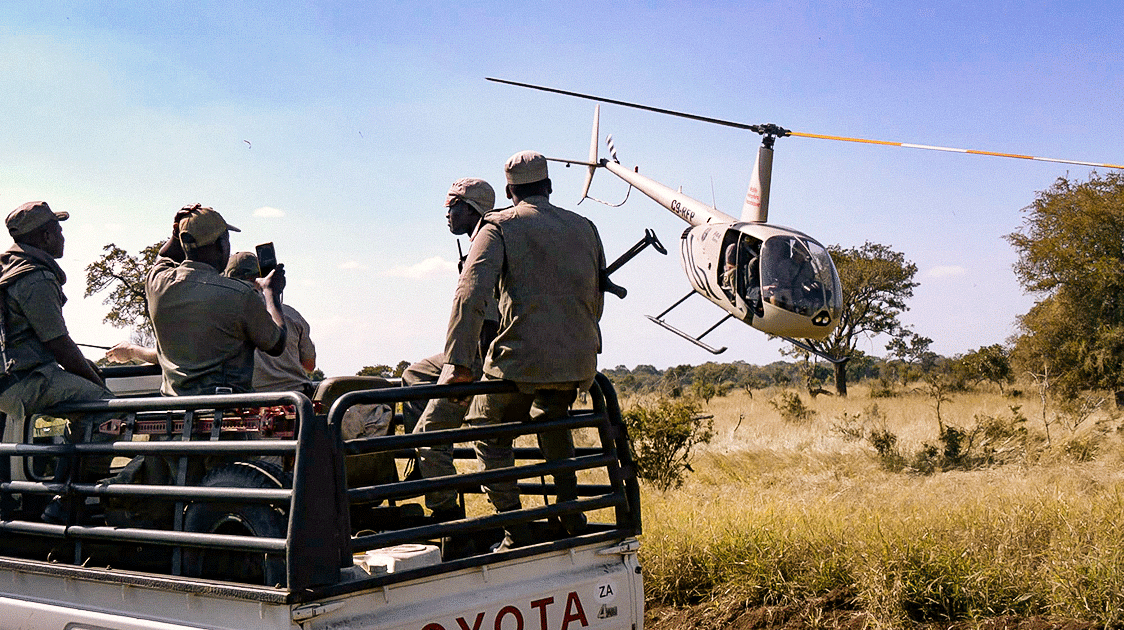
In a country where approximately 25% of the territory is designated as protected areas, Mozambique faces significant conservation challenges that require dedicated attention and strategic planning.
The Mozambique Wildlife Alliance (MWA), under the leadership of Director João Almeida, has emerged as a key partner to the National Administration of Conservation Areas (ANAC) in addressing these challenges.
A Strategic Partnership for Conservation
Established as a local non-profit organization tailored to Mozambique's conservation needs, MWA has a clear mandate to support ANAC in implementing its extensive conservation responsibilities.
This partnership is formalized through a memorandum of understanding signed in 2021, which outlines the organization's nationwide conservation support framework.
The alliance maintains operational independence from government expenditure, sustaining its activities through funding from nine organizations.
With a staff of 32 dedicated professionals, 29 Mozambicans and three expatriates, MWA brings local expertise and international experience to conservation efforts nationwide.
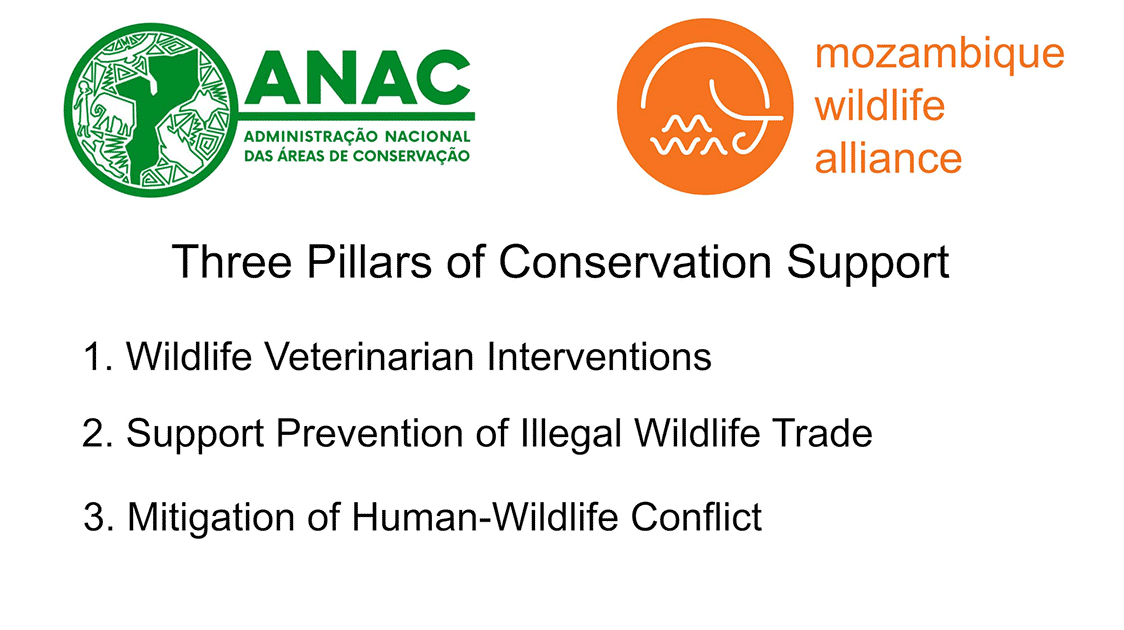
The Three-Pillar Approach to Conservation
MWA's support strategy is structured around three interconnected pillars, each addressing critical aspects of wildlife conservation in Mozambique:
Pillar 1: Wildlife Veterinary Interventions
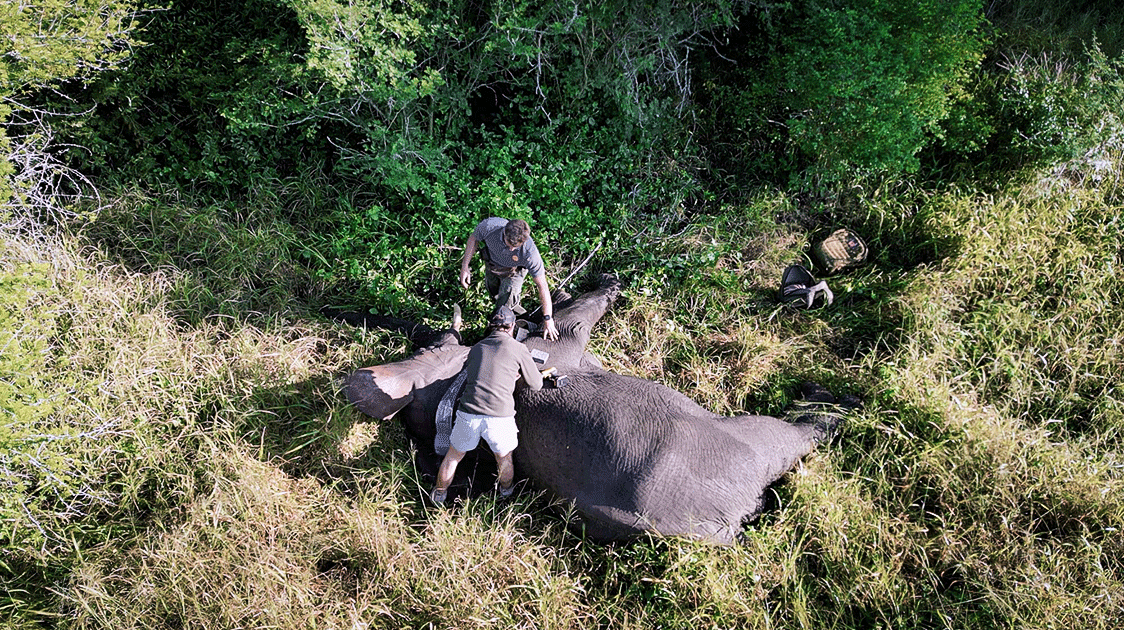
A team of five specialized wildlife veterinarians operates nationwide, focusing on areas outside protected zones. These experts perform vital conservation activities, including:
- Reintroduction of extinct species into national parks.
- Capture, translocation, and monitoring of wildlife.
- Treatment of animals suffering from human-induced injuries.
- Preventative measures such as rhino dehorning for protection.
- Strategic collaring of elephants for monitoring and conflict mitigation.
All veterinary operations are conducted collaboratively with ANAC, ensuring alignment with national conservation priorities and protocols.
Pillar 2: Combating Illegal Wildlife Trade
MWA provides critical support to law enforcement authorities to prevent wildlife trafficking and their parts. The organization has established formal agreements with investigation police and the prosecutor's office, offering:
- Technical capacity building.
- Specialized expertise to disrupt illegal trade networks.
- Support for the prosecution of wildlife crimes.
This collaborative approach strengthens Mozambique's capacity to address wildlife trafficking, a significant threat to the country's biodiversity.
Pillar 3: Human-Wildlife Conflict Mitigation
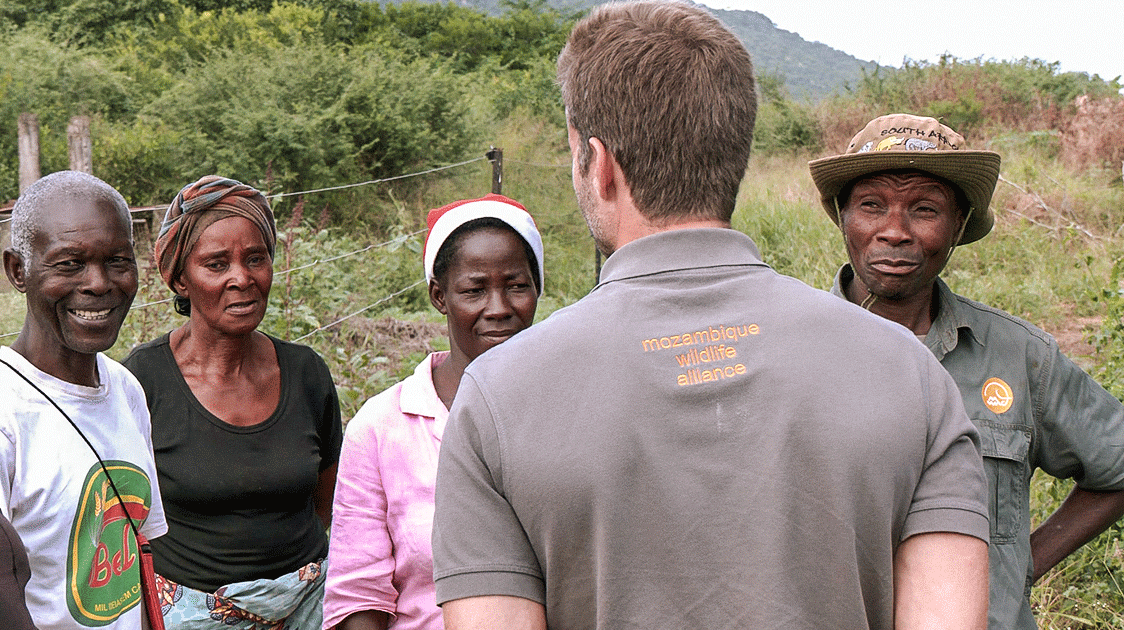
Mozambique's unfenced and expansive national parks create situations where wildlife frequently moves beyond protected areas, leading to conflict with local communities.
MWA addresses this challenge through a comprehensive approach that:
- Acknowledges the reality of human-wildlife interactions.
- Engages directly with district authorities and communities.
- Preserves essential migratory routes and ecological corridors.
- Balances human safety and food security with conservation goals.
A Three-Phase Implementation Strategy
The organization implements its human-wildlife conflict mitigation through a structured approach:
- Engagement and Assessment: Building relationships with local communities, continuously monitoring conflict situations, gathering data on species involved, and establishing effective communication channels with ANAC.
- Capacity Building: Providing training and equipment to local stakeholders, sharing insights about the nature of human-wildlife conflict in Mozambique, and explaining the relevant legal framework.
- Implementation and Adaptation: Applying effective techniques based on experience while avoiding approaches proven ineffective in the Mozambican context.
Finding the Balance
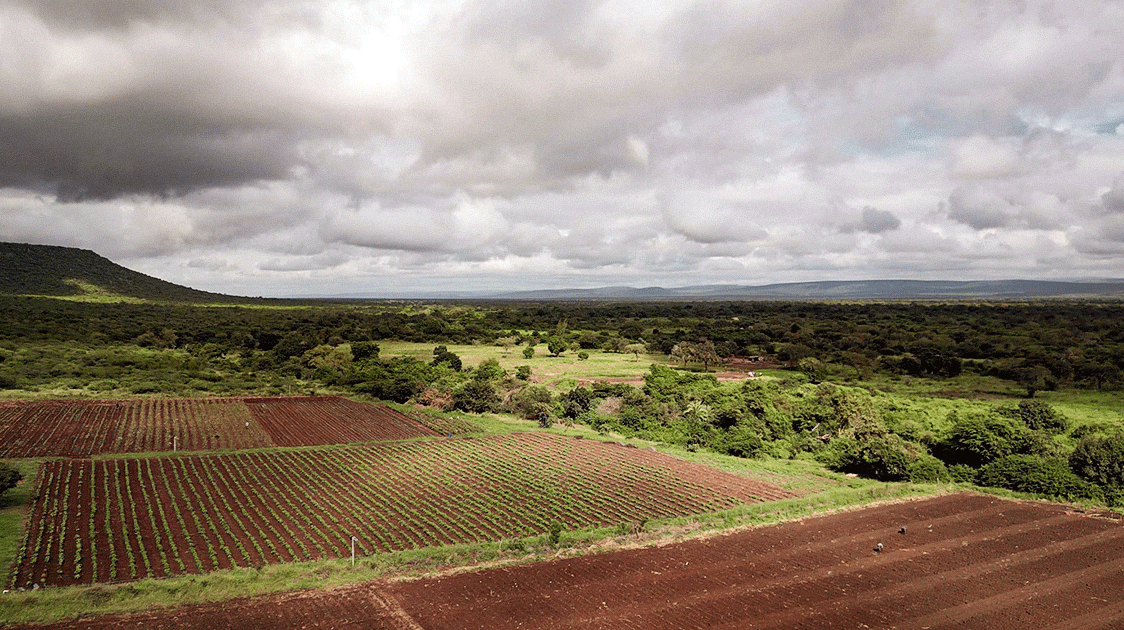
MWA maintains a guiding principle throughout its operations that recognizes the primacy of human well-being while advancing crucial conservation goals.
This principle informs a rigorous assessment process that guides decision-making regarding appropriate interventions.
By balancing community needs with conservation imperatives, the Mozambique Wildlife Alliance demonstrates that effective wildlife protection requires addressing human concerns alongside ecological priorities.
A model of sustainable conservation that acknowledges the interconnectedness of people and wildlife across Mozambique's diverse landscapes.

